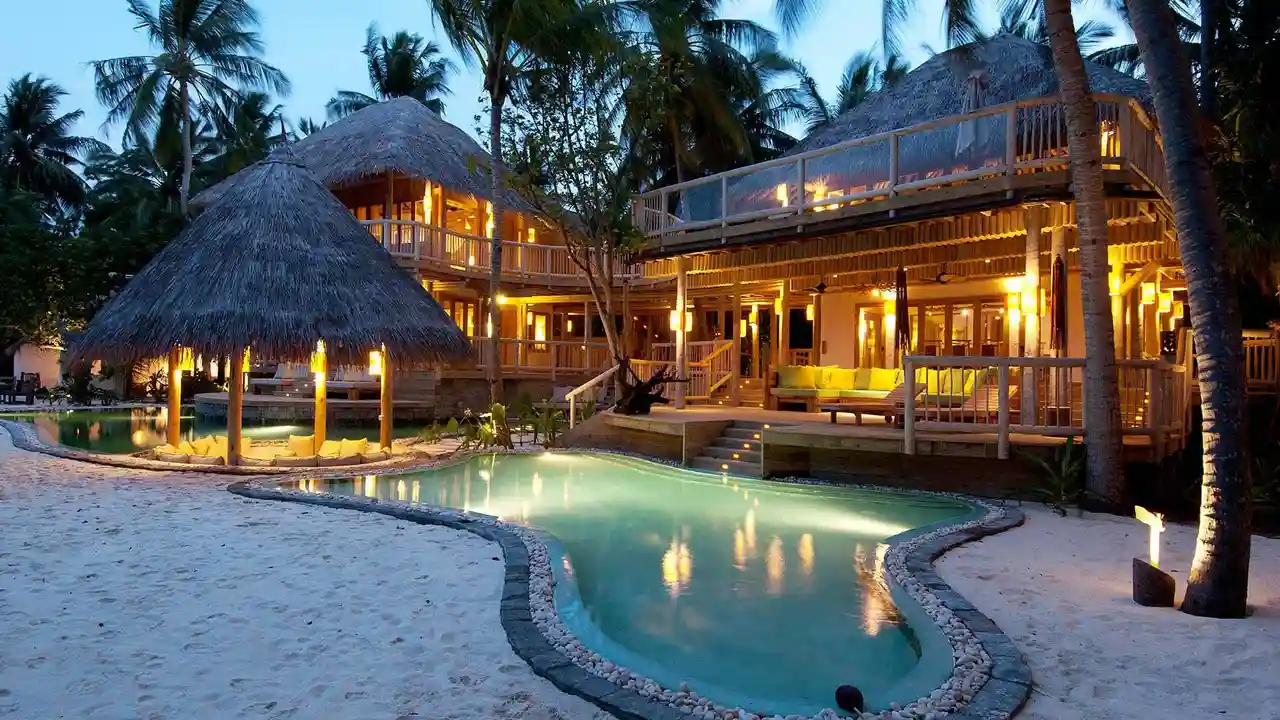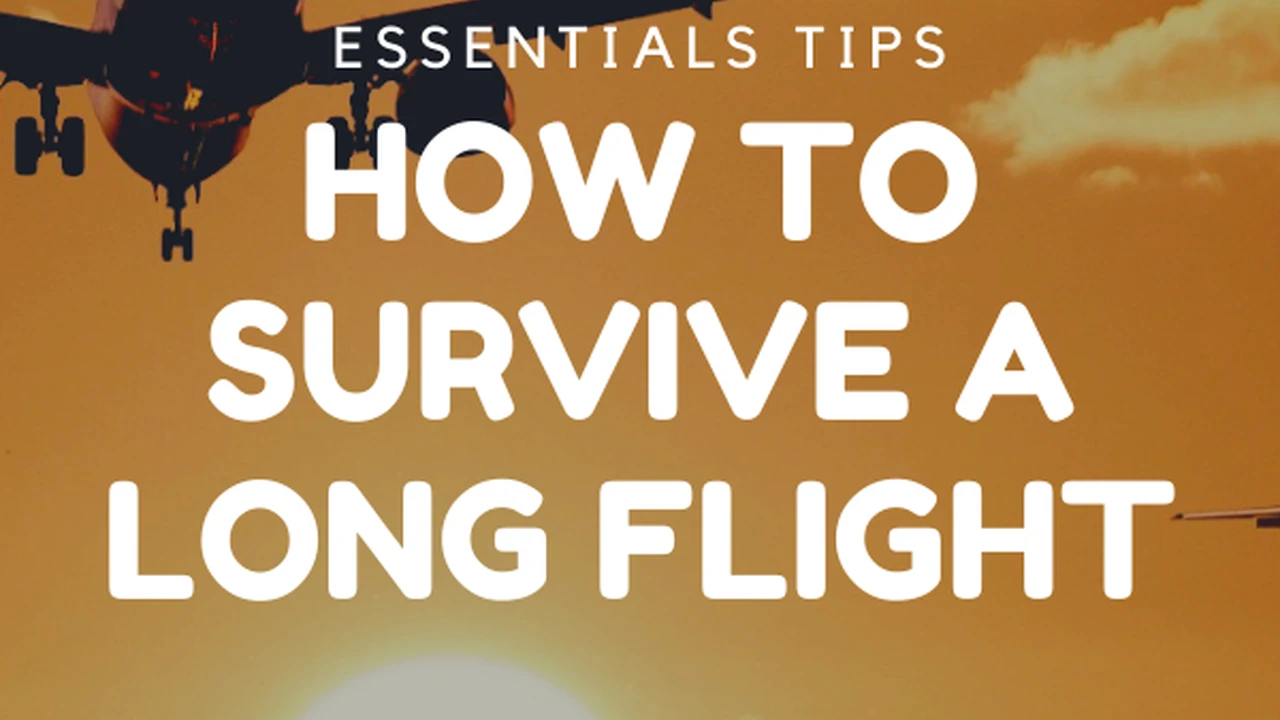Offsetting Your Carbon Emissions
Discover sustainable travel certifications and how they can help you choose responsible tour operators and accommodation providers. Learn about different certifications and their criteria. Travel with confidence and support sustainable businesses.

Understanding Sustainable Tourism Certifications
So, you're keen on traveling more responsibly? Awesome! But with so much \"greenwashing\" out there, how do you really know if a tour operator or hotel is actually walking the walk when it comes to sustainability? That's where sustainable tourism certifications come in. Think of them as a seal of approval, a way to verify that a business is meeting certain environmental and social standards. Let's break down what these certifications are all about.
Why Sustainable Travel Certifications Matter for Eco Conscious Travelers
Honestly, they're super important! Without certifications, it's tough to separate genuine efforts from marketing hype. These certifications provide a level of accountability and transparency. They ensure that businesses are actively working to minimize their environmental impact, support local communities, and protect cultural heritage. When you choose certified businesses, you're voting with your wallet for a more sustainable travel industry. Plus, it gives you peace of mind knowing you're making a positive impact.
Popular Sustainable Travel Certification Programs Globally
There's a whole alphabet soup of certification programs out there, each with its own focus and criteria. Let's look at some of the most recognized ones:
- Green Globe: This is a big one, globally recognized and covers a wide range of tourism businesses, from hotels to tour operators. They focus on environmental management, social responsibility, and cultural heritage.
- Travelife: Another popular certification, especially in Europe. It focuses on sustainability management within tour operators and accommodation providers. They have different levels of certification, from basic to advanced.
- B Corp Certification for Travel Companies: While not exclusively for travel, B Corp certification is a fantastic indicator of a company's commitment to social and environmental responsibility. They meet rigorous standards of social and environmental performance, accountability, and transparency.
- Fair Trade Tourism: This one specifically focuses on ensuring fair wages and working conditions for local communities involved in tourism. It's great for finding ethical tour operators and accommodation that directly benefit the people who live there.
- LEED (Leadership in Energy and Environmental Design): While primarily for buildings, LEED certification is a good indicator of a hotel's commitment to energy efficiency and sustainable building practices. Look for LEED-certified hotels if you're concerned about environmental impact.
Understanding the Criteria of Different Travel Certification Programs
So, what exactly do these programs look for? Well, it varies, but here are some common themes:
- Environmental Management: Things like reducing energy and water consumption, minimizing waste, and protecting biodiversity.
- Social Responsibility: Ensuring fair wages and working conditions for employees, supporting local communities through economic development, and respecting cultural heritage.
- Economic Viability: Making sure that tourism benefits local communities economically, rather than just lining the pockets of big corporations.
- Transparency and Accountability: Being open about their practices and willing to be audited to ensure they're meeting the standards.
How to Identify Certified Sustainable Tour Operators and Accommodations
Alright, so you know why certifications matter, but how do you actually find certified businesses? Here are some tips:
- Look for the Logo: The easiest way is to look for the certification logo on their website or marketing materials. If you see a logo, click on it! It should take you to the certification program's website where you can verify their certification status.
- Check Certification Program Websites: Most certification programs have a directory of certified businesses on their website. This is a great way to find options in your destination.
- Ask Questions: Don't be afraid to ask tour operators and hotels about their sustainability practices. A certified business will be happy to tell you about their efforts.
- Read Reviews: Look for reviews from other travelers who have specifically mentioned the business's sustainability efforts.
The Benefits of Choosing Certified Travel Providers
Choosing certified travel providers comes with a whole heap of benefits, both for you and for the planet:
- Reduced Environmental Impact: You're supporting businesses that are actively working to minimize their impact on the environment.
- Support for Local Communities: You're helping to ensure that tourism benefits local people and communities.
- Authentic Experiences: Certified businesses often offer more authentic and immersive experiences that connect you with the local culture and environment.
- Peace of Mind: You can travel with confidence knowing that you're making a responsible choice.
Examples of Products and Scenarios: Sustainable Travel Gear Recommendations
Beyond choosing certified tour operators and accommodations, you can also make your own travel more sustainable by choosing eco-friendly products. Here are a few examples:
Reusable Water Bottles: Hydration on the Go
Single-use plastic water bottles are a huge problem, especially in tourist destinations. Carrying a reusable water bottle is a simple but effective way to reduce your plastic consumption.
Product Recommendations:
- Hydro Flask: These are durable, insulated, and come in a variety of sizes and colors. They're great for keeping your drinks cold (or hot) for hours. Price: $30-$50.
- Nalgene: These are classic, BPA-free plastic bottles that are lightweight and durable. They're a good budget-friendly option. Price: $10-$20.
- LARQ Bottle PureVis™: This bottle uses UV-C LED technology to purify water and self-clean. Perfect for travel to places where water quality is a concern. Price: $95-$115.
Scenarios:
- Hiking in the mountains: Bring a Hydro Flask to keep your water cold all day.
- Exploring a city: Carry a Nalgene bottle to refill at water fountains.
- Traveling to Southeast Asia: Use a LARQ bottle to purify tap water.
Bamboo Toothbrushes: Sustainable Smiles
Plastic toothbrushes are another major source of plastic waste. Bamboo toothbrushes are a biodegradable alternative that's just as effective at cleaning your teeth.
Product Recommendations:
- Brush with Bamboo: These toothbrushes are made from sustainably harvested bamboo and come in biodegradable packaging. Price: $5-$10.
- The Humble Co.: These toothbrushes are also made from bamboo and come in a variety of colors and styles. They donate a portion of their profits to oral health projects. Price: $4-$8.
Scenarios:
- Everyday use: Replace your plastic toothbrush with a bamboo one.
- Travel kit: Pack a bamboo toothbrush in your travel kit to reduce plastic waste.
Shampoo Bars: Ditch the Plastic Bottles
Shampoo and conditioner bottles take up a lot of space and contribute to plastic waste. Shampoo bars are a solid alternative that's lightweight, compact, and plastic-free.
Product Recommendations:
- Lush Shampoo Bars: These bars come in a variety of scents and formulas for different hair types. They're also cruelty-free and vegan. Price: $12-$15.
- Ethique Shampoo Bars: These bars are made with natural ingredients and come in compostable packaging. They also offer conditioner bars and other plastic-free toiletries. Price: $15-$20.
Scenarios:
- Carry-on travel: Shampoo bars are TSA-friendly and won't leak in your bag.
- Camping trips: Shampoo bars are lightweight and biodegradable.
Reusable Shopping Bags: Say No to Plastic Bags
Plastic shopping bags are a major source of pollution. Carrying a reusable shopping bag is a simple way to reduce your plastic consumption when you're shopping for groceries or souvenirs.
Product Recommendations:
- Baggu: These bags are lightweight, durable, and come in a variety of fun patterns. They fold up small for easy storage. Price: $12-$15.
- ChicoBag: These bags are made from recycled materials and fold up into a small pouch. They're a good option for eco-conscious travelers. Price: $10-$12.
Scenarios:
- Grocery shopping: Bring a reusable bag to the supermarket.
- Souvenir shopping: Use a reusable bag to carry your purchases.
Solid Sunscreen: Reef-Safe Protection
Many sunscreens contain chemicals that can harm coral reefs. Solid sunscreen is a reef-safe alternative that's also plastic-free and TSA-friendly.
Product Recommendations:
- Raw Elements USA: This sunscreen is made with natural ingredients and is reef-safe. It comes in a tin container. Price: $20-$25.
- Stream2Sea: This sunscreen is also reef-safe and comes in a biodegradable tube. Price: $15-$20.
Scenarios:
- Snorkeling or diving: Use reef-safe sunscreen to protect coral reefs.
- Beach vacations: Choose solid sunscreen to reduce plastic waste.
Comparing Travel Products: Making Informed Choices
When choosing sustainable travel products, it's important to consider your needs and budget. Here's a comparison of some of the products mentioned above:
| Product | Pros | Cons | Price Range |
|---|---|---|---|
| Hydro Flask | Durable, insulated, keeps drinks cold/hot for hours | More expensive than other options | $30-$50 |
| Nalgene | Lightweight, durable, BPA-free, budget-friendly | Not insulated | $10-$20 |
| LARQ Bottle PureVis™ | Purifies water, self-cleaning | Expensive | $95-$115 |
| Brush with Bamboo | Biodegradable, sustainable bamboo | May not last as long as plastic toothbrushes | $5-$10 |
| Lush Shampoo Bars | Variety of scents and formulas, cruelty-free, vegan | Can take some getting used to | $12-$15 |
| Baggu | Lightweight, durable, fun patterns | None | $12-$15 |
| Raw Elements USA | Reef-safe, natural ingredients | Can be a bit greasy | $20-$25 |
Leveraging Sustainable Travel Certifications for Responsible Tourism
By understanding and utilizing sustainable travel certifications, and by choosing eco-friendly products, you can make a significant positive impact on the environment and local communities. So, next time you're planning a trip, take the time to research certified tour operators and accommodations, and pack your bags with sustainable travel gear. Your travels will be more rewarding knowing that you're contributing to a more sustainable future. Happy travels!
:max_bytes(150000):strip_icc()/277019-baked-pork-chops-with-cream-of-mushroom-soup-DDMFS-beauty-4x3-BG-7505-5762b731cf30447d9cbbbbbf387beafa.jpg)






